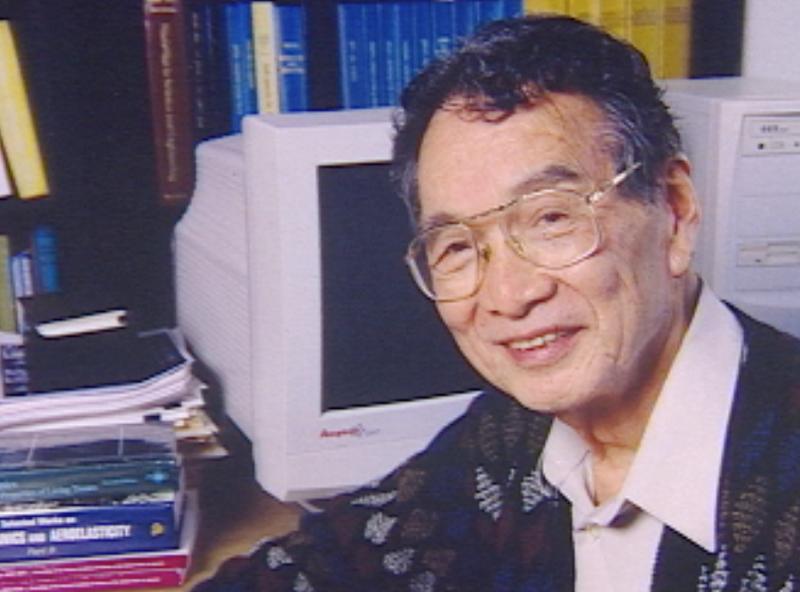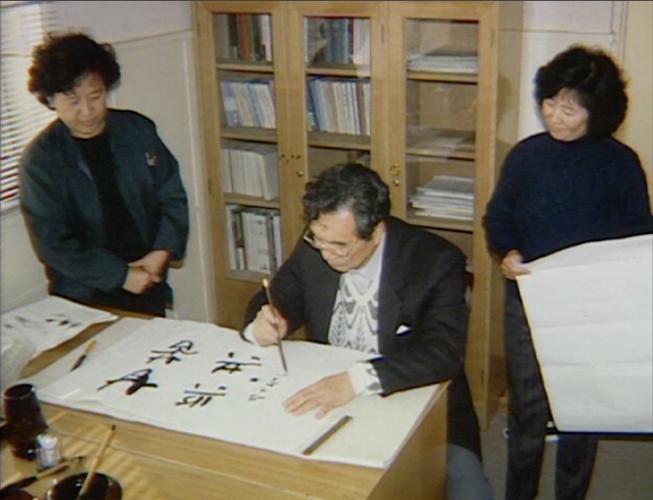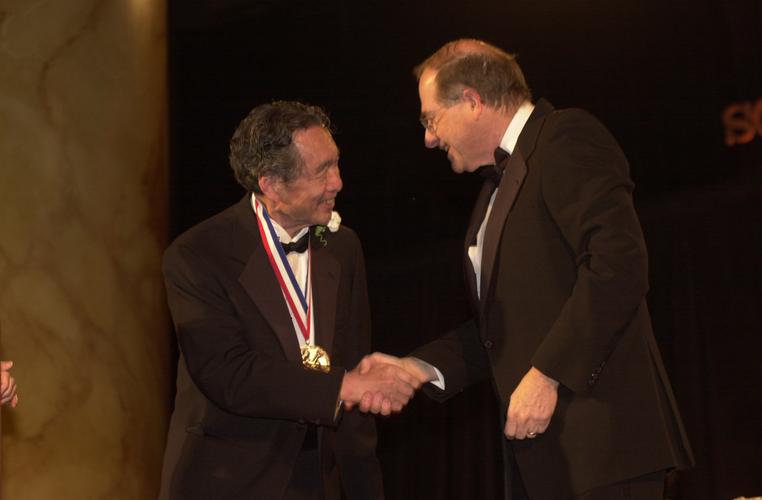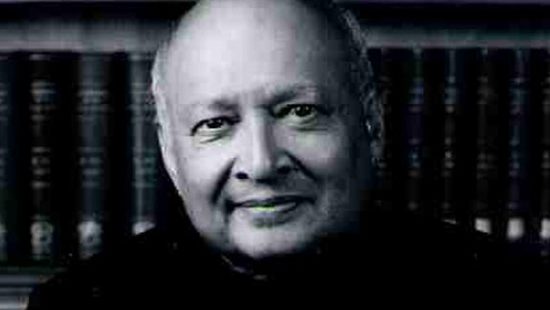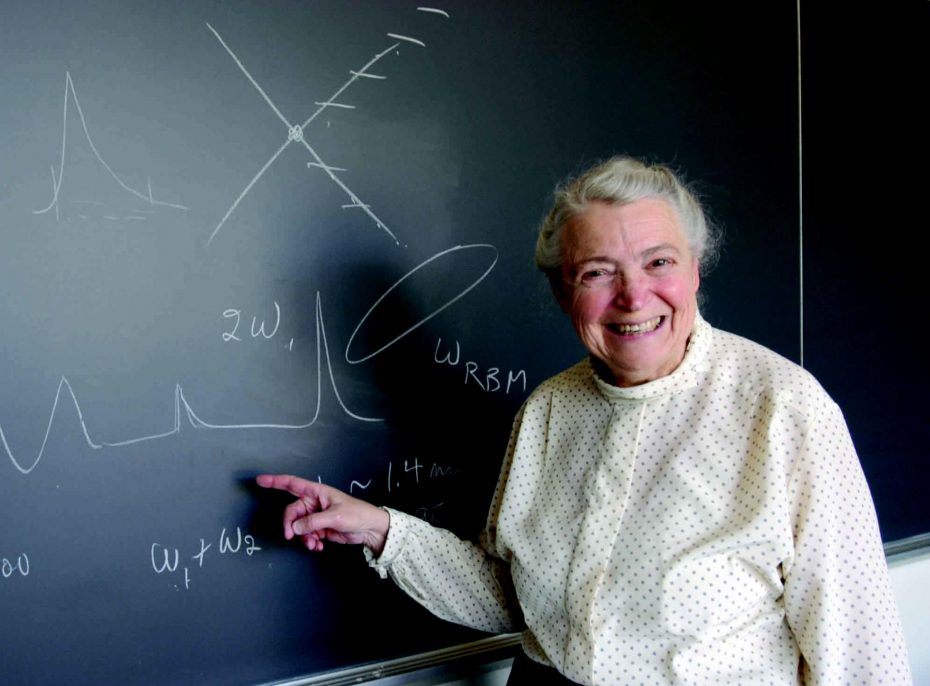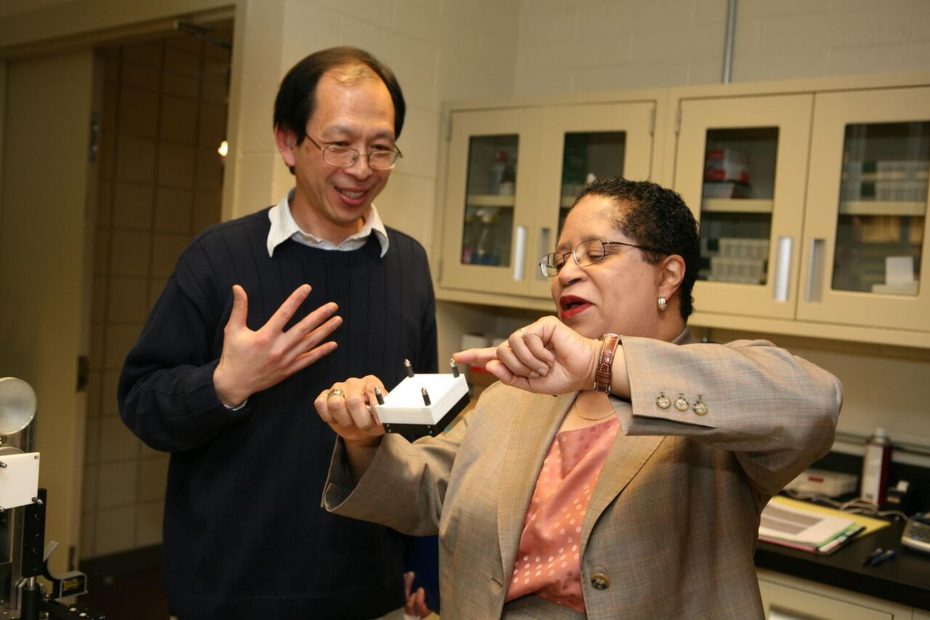It’s never too late for a new beginning. For Yuan-Cheng B. Fung, that meant carving a legacy in the world of both aeronautics and biomechanics.
His research in aeronautics helped launch the field of aeroelasticity, the science of how aerodynamic forces and nonrigid structures interact. His work led to three books and 46 technical reports and papers on aeroelasticity and solid mechanics.
After 20 year working in the aeronautics, biomechanics caught his eye. In 1966 he resigned his prestigious post as the chair of the California Institute of Technology’s aeronautics department.
Fung shifted gears and moved to the University of California at San Diego to work in the budding field of biomechanics and established the university’s bioengineering program. His second wind led to discoveries in pulmonary mechanics, microcirculation and modeling biologic tissue. This work led to another three books, now considered classics in the field of biomechanics.
He’s known for establishing the concept of “tissue engineering,” now used throughout biology and molecular biology.
By Christine Ayala

